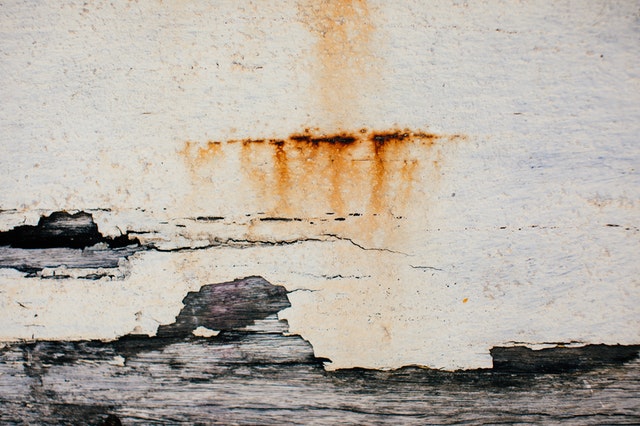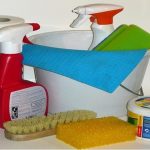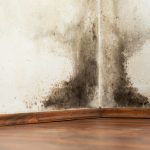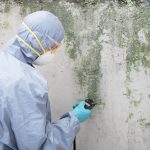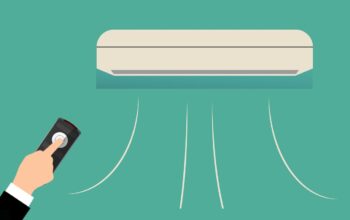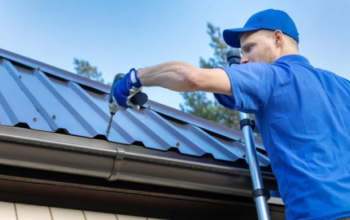When we talk about maintaining a home, we refer to things beyond shopping for decors or doing basic cleaning. It involves looking out for something that may eventually destroy a house. This includes the presence and development of mold and mildew. Though these words are common and popular, some homeowners still find it hard to keep them away from their homes. We all know that mold can destroy furniture, but are these harmful to humans? We will find out in a short while.
What is Mold?
Mold exists because it is essential for breaking down animal matter and plants. However, it is in their nature to release spores in the air. When these reach areas that open up to your homes, they may end up staying or not. Mold can attach to varied materials such as wood, carpet, paper, fabric, and other things. But they won’t grow if the conditions do not allow them as they thrive in an environment with a mixture of light and moisture.
Where Do Molds Usually Grow?
As the environment plays a huge part in their growth, you can expect to see them in the following places.
- Windows
- Sinks
- Bathtubs
- Showers
- Crawlspaces
- Attics
- Basements
How Mold Affects People
The effect of mold on people will depend on the person’s sensitivity and the extent of infestation to the place. Some people will have severe symptoms while others have mild. Regardless, they often show in the form of wheezing, stuffy nose, itchy skin, or eyes. People who have existing health conditions such as asthma may have it worse.
Some recent studies have identified the link between mold exposure and the development of upper respiratory tract symptoms. Unfortunately, there is no test to determine mold exposure. However, one can be wary and observant of their surroundings and the presence of the signs we mentioned above.
Who Is at Risk?
While everyone is prone to developing mild symptoms when exposed to mold, some have higher risks. These are the people with allergies and those with compromised or weak immune systems. Those who have chronic respiratory disease will also have it bad once exposed to mold. And lastly, those with immune suppression are at risk of acquiring infections. This is why the proactive step of hiring mold remediation teams to intervene after mold detection is always emphasized.
How Do You Prevent Mold Growth?
It is crucial to understand how mold grows and what type of environment they thrive in. Simple acts of prevention are effective in keeping them at bay. If you want to start acting on this problem, here are some things you can do.
- Provide proper ventilation in cooking, laundry, and shower areas.
- Clean and dry surfaces thoroughly after a flood or cleaning.
- Take the time to inspect for leaks in your pipes, roofs, walls, and windows.
- Use devices and equipment to help control the humidity level in your home.
How to Handle Severe Mold Infestation
It is tempting to solve the problem on your own, especially if you are trying to avoid shelling out money. However, it is important to know that mold can cause health problems that can also cost you more.
At this point, it is the best decision to call in experts in mold remediation. They have the skills and expertise to deal with it without putting anyone’s health at risk. They will also have the proper equipment and gear to do it.
When you hire a professional, you just don’t get a cleaning service. You also get professional advice on preventing their growth and what measures to take to avoid them.
The Takeaway
Though a part of the ecosystem, it can be dangerous to humans when molds develop in homes and grow in a rapid state. A lot of preventive measures can prevent an infestation, but this does not eliminate the chance of them growing. If you end up with a mold-infested home, don’t think twice about asking for help. Seeking help from professional mold remediation companies is always a good choice. It is wiser to let experts do the work and have the problem solved immediately before it ends up causing more harm.
Related Posts

